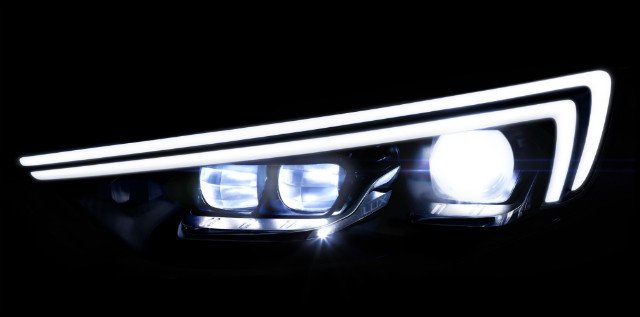Automatic Headlights Are Now Mandatory On New Models Launched In Japan

Headlamps have always been an integral part of traveling. Even before cars roamed the streets, horse carriages have been using acetylene- or oil-fueled lamps in order to travel at night. Needless to say, these devices allow the driver to see and be seen amid the night's gloom.
Fast forward to today, there are now several types of headlamps, which range from halogens to laser headlights. Of course, nothing can be cooler than the pop-up headlamps of the '80s, but we digress. Daytime running lights have become rampant, too, and so is the automatic headlight function in modern cars.
Headlamps have always been an integral part of traveling. Even before cars roamed the streets, horse carriages have been using acetylene- or oil-fueled lamps in order to travel at night. Needless to say, these devices allow the driver to see and be seen amid the night's gloom.
Fast forward to today, there are now several types of headlamps, which range from halogens to laser headlights. Of course, nothing can be cooler than the pop-up headlamps of the '80s, but we digress. Daytime running lights have become rampant, too, and so is the automatic headlight function in modern cars.
As for car models that were introduced before April, they will still be allowed to be sold without automatic lights before October 2021. On that month and onwards, however, every vehicle should be equipped with automatic headlights. All trucks and buses, on the other hand, will all be required with such function from October 2023.
There is a compelling reason for this move by the Japanese government: increased accidents at dusk involving the elderly and bicycles. The automatic headlights shouldn't only provide visibility for the driver, but also increase the vehicle's visibility on the road, therefore mitigating potential accidents with pedestrians and other road users.
Nouvelles connexes


